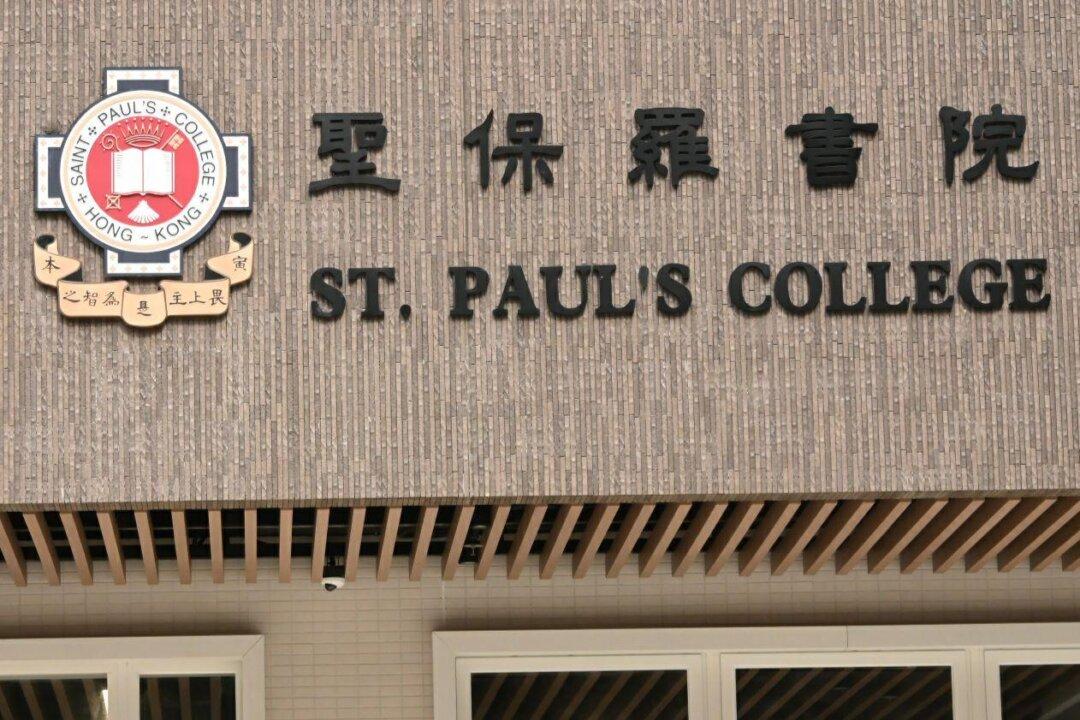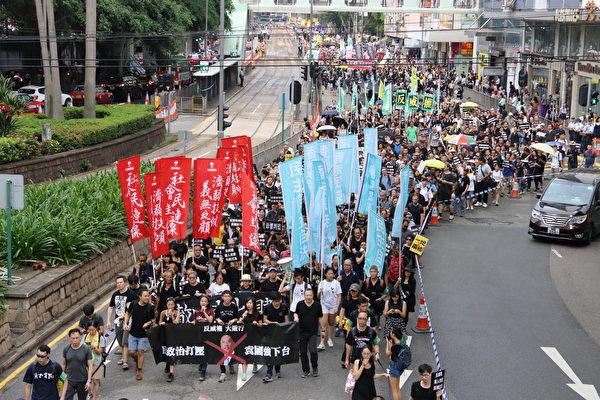HONG KONG—On Feb. 17, the Leisure and Cultural Services Department (LCSD) of the Hong Kong government unexpectedly announced the withdrawal of the Tsim Sha Tsui, Avenue of Stars expansion plan that was assigned to New World Development Company Limited (NWD).
The LCSD said in a statement that the new space for food and beverage outlets, the observation deck, and other facilities are out now. The announcement cut the three-year timing budget in half.
Upon completion, the Tsim Sha Tsui Promenade will be managed by the LCSD. When NWD chairman Henry Cheng Kar-shun attended a shareholders’ meeting the next morning, he responded to media inquiries by saying it was “not clear” and “no official notification was received.”
However, commentators have said the incident is related to the political battle between the factions of the Chinese Communist Party (CCP) loyal to current regime leader Xi Jinping and former leader Jiang Zemin. Hong Kong is said to have become Beijing’s wrestling arena.
Last September, the LCSD announced the expansion plan of the Avenue of Stars in the Tsim Sha Tsui area. The revitalization project, plus a 20-year management contract, was entrusted to NWD without an open tender process.
This caused a widespread public outcry questioning the under-the-table deal and the financial benefits involved. The company Sino Land and the Shangri-la consortium have filed applications for judicial review to challenge the government’s decision to renovate the Tsim Sha Tsui Promenade.
In previous related articles, Epoch Times reported that New World Development chairman Henry Cheng Kar-shun had provided support to Hong Kong Chief Executive Leung Chun-ying for Leung’s chief executive election. Cheng has been considered one of Leung’s four primary financial sponsors.
Media has reported that several heavyweight consortiums have formed an alliance to contend with the government. This can be viewed as open dissatisfaction with Leung’s team, and it also signifies that Leung’s behind-the-veil supporter—the faction of former CCP leader Jiang Zemin—is losing ground.
Reports also stated that after Jiang came to power, he started the most corrupt state policy in China. Due to Hong Kong’s special geographical location, Jiang, his ally Zeng Qinghong (a former CCP vice chair), and their supporters arranged many underground forces in all walks of life in Hong Kong over the past 20 years.
They have formed a huge interest group. Many wealthy businessmen had a very close relationship with the Jiang faction and made their fortunes jointly with the Jiang faction over the years.
Those who were disobedient were purged widely, and few dared to voice out their discontent.




